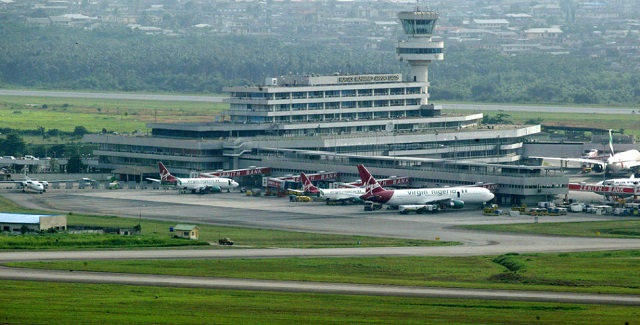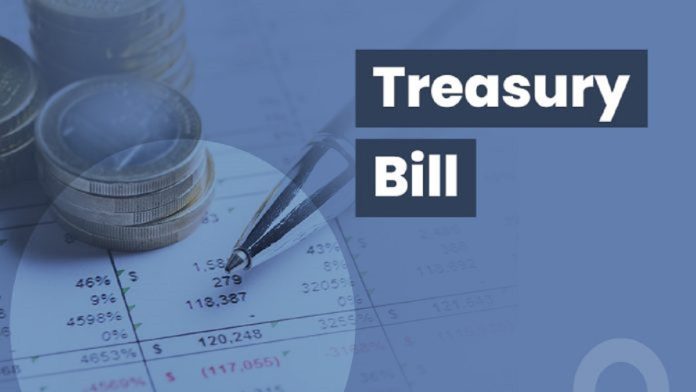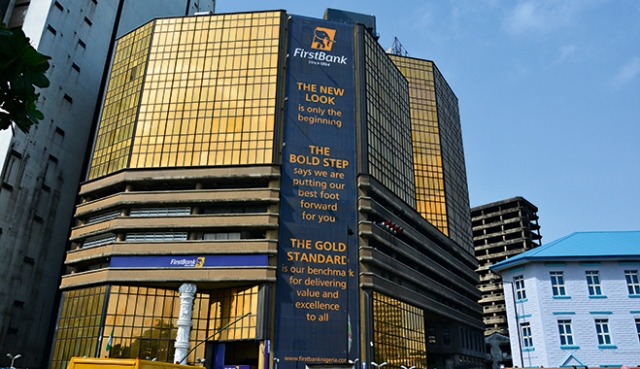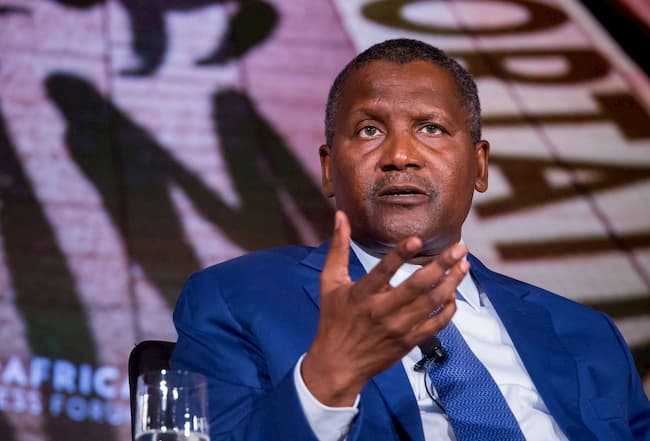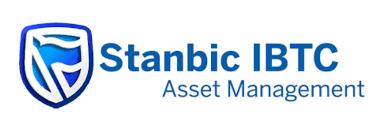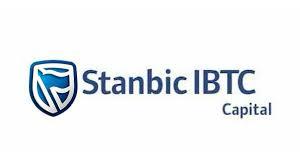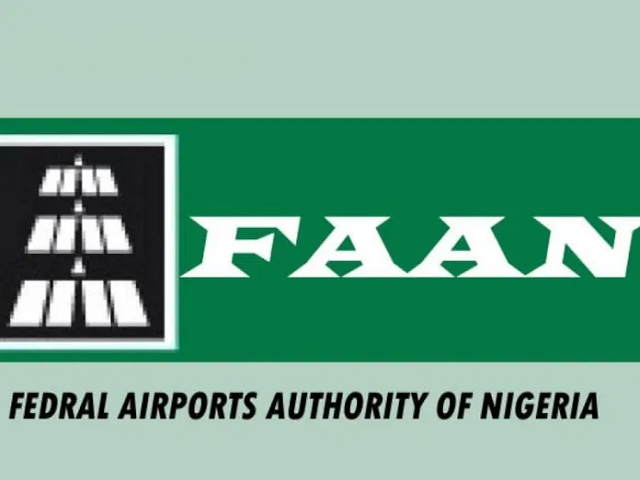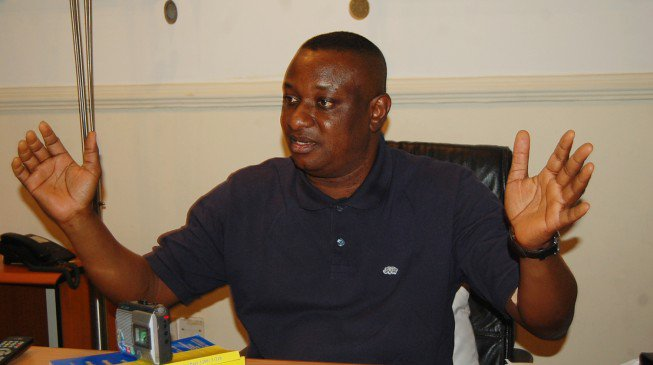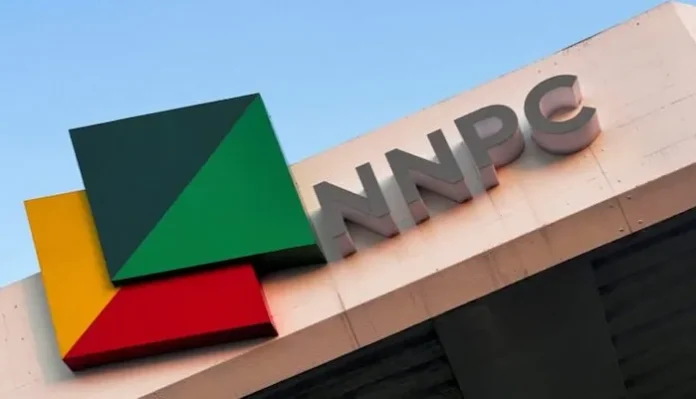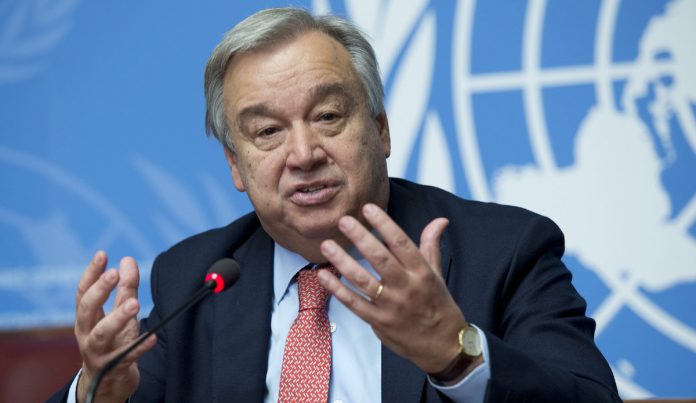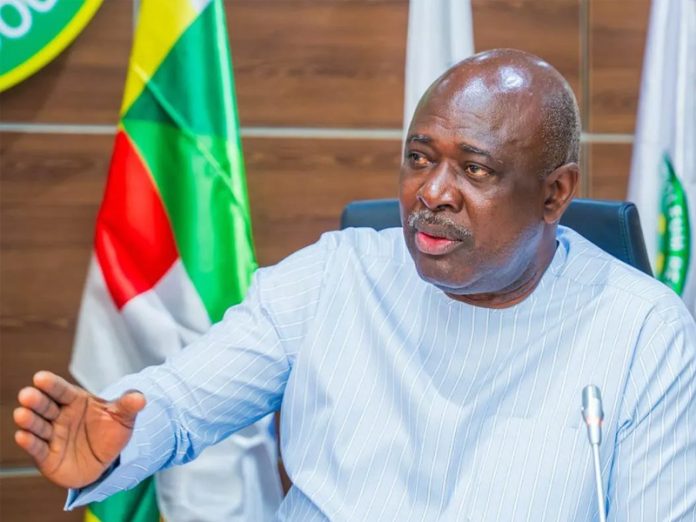Former Attorney-General of the Federation and Minister of Justice, Abubakar Malami, SAN, has dismissed allegations by the Economic and Financial Crimes Commission (EFCC) that he duplicated the recovery process of the $310 million Abacha loot—later valued at $322.5 million with interest—describing the claims as “baseless, illogical and wholly devoid of substance.”
In a statement issued on Sunday by his media aide, Mohammed Doka, Malami confirmed that he honoured an EFCC invitation on November 28, 2025, over allegations of abuse of office and money laundering linked to the asset recovery efforts. He said both allegations “collapsed under factual scrutiny.”
According to a report by PUNCH Online on November 29, Malami stated that his engagement with the commission was “successful” and that the EFCC’s accusations were inconsistent with verifiable facts.
“The EFCC’s position is that I duplicated a recovery process allegedly completed by a Swiss lawyer, Mr Enrico Monfrini, before I assumed office. This allegation collapses immediately when subjected to facts and elementary logic,” he said.
Malami argued that no such recovery had been completed before he took office in 2015, noting that a recovery is only considered concluded once the funds are lodged into the Federation Account.
“As of 2016, there was no lodgement of any such funds into the Federation Account. There was therefore no completed recovery in existence, and nothing whatsoever to duplicate,” he maintained.
He further disclosed that Monfrini applied for re-engagement in December 2016 to pursue the same recovery—an action Malami said contradicted claims that the Swiss lawyer had already completed the task.
“It is entirely illogical for a lawyer to apply in December 2016 to be engaged to recover funds he purportedly recovered two years earlier. That singular fact exposes the internal contradiction and absurdity of the EFCC’s narrative,” he said.
Malami explained that Monfrini demanded a $5 million upfront payment and a 40 per cent success fee, later reduced to 20 per cent—terms rejected by the Buhari administration. Instead, a Nigerian law firm was appointed on a 5 per cent success-fee basis, a decision he said saved the country between 15 and 35 per cent of the recovered sum, translating to between ₦76.8 billion and ₦179.2 billion.
“These are concrete, measurable benefits to the Nigerian state,” he noted.
The former Attorney-General also clarified that he oversaw multiple, separate tranches of Abacha loot recovery, including:
$322.5 million from Switzerland (2017–2018), channelled into Conditional Cash Transfers under a World Bank-supervised framework;
About $321 million from Jersey (2020), allocated to key infrastructure projects such as the Lagos–Ibadan Expressway, Abuja–Kano Road, and the Second Niger Bridge.
“Any attempt to conflate these distinct recoveries or portray a lawful, cost-saving recovery process as duplication is misleading,” he added.
Malami stressed that his actions were guided by the constitutional powers of the Attorney-General, exercised “strictly in the public interest.”
“In the circumstances of this case, that discretion was exercised transparently and responsibly. Any claim suggesting abuse of office or money laundering is not rooted in any reasonable ground for suspicion,” he said.
Describing the probe as politically motivated, Malami expressed gratitude to his supporters and maintained confidence in the outcome of the investigation.
“Together we shall continue to stand firm, and together we shall triumph against every form of political witch-hunt and intimidation,” he said.
He insisted that the allegations would not stand the test of time.
“The allegations remain baseless, illogical and entirely devoid of substance. I remain confident that truth, law and reason will ultimately prevail,” he declared.











